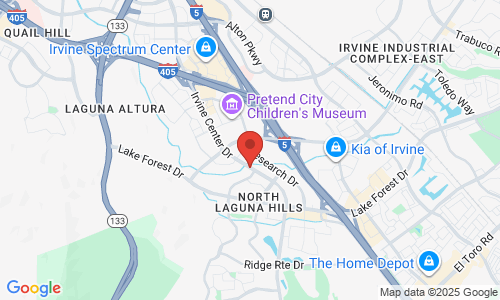Medication Errors: Negligence Involving Prescription Drugs
 When people think of medical malpractice lawsuits, they often think of surgical mistakes and failure to diagnose a terminal illness. Yet medical malpractice goes well beyond this. For instance, medical malpractice lawsuits will also cover errors made over prescription medications.
When people think of medical malpractice lawsuits, they often think of surgical mistakes and failure to diagnose a terminal illness. Yet medical malpractice goes well beyond this. For instance, medical malpractice lawsuits will also cover errors made over prescription medications.
Our Orange County, CA law firm would like to consider some common types of medication errors and why they occur. If any of the situations below describe someone you or a loved one experienced, we encourage you to contact our law firm as soon as possible.
Allergic Reactions from Patients
It’s important that doctors check a patient’s medical history closely and fully. They may find signs of a potential allergic reaction to medications. Failure to check for potential allergic reactions or other kinds of adverse reactions to medications could put patients at risk for severe complications.
Contraindications
A contraindication refers to cases in which one medication causes an adverse reaction when paired with another medication. Some contraindications can be fatal or have debilitating effects. Before prescribing any drugs to a patient, a doctor must ask about other drugs or supplements a patient may be taking. A simple precaution like this can literally save lives.
Errors by Pharmacists
Sometimes the issue isn't with the prescription drug or a mistake by a doctor. There are instances in which the pharmacist is responsible for a prescription mistake. In these cases, the pharmacist may mix up patient prescriptions and give a person the wrong medication. There’s also a chance the pharmacist can give the wrong dosage, or not give enough of a prescription drug. All of these mistakes are dangerous and potentially life threatening.
Failure to Go Over Side Effects and Risks
Doctors and pharmacists should ideally go over the risks and side effects if any prescription drugs. This gives patients an idea of what to expect and outlines the various do’s and don’ts associated with a given medication. Failure to go over side effects can literally put someone’s life at risk, and could demonstrate negligence on the part of the doctor or the pharmacist.
Mislabeled Drugs and Medication
When medical professionals aren’t responsible for the harm a prescription drug causes a patient, the issue may be with the manufacturer of the drug itself. One example of this is mislabeling of a prescription drug. In these cases, a drug may have the wrong label on it. Similarly, warning labels and other important indications of dangers could be missing from the label, putting patients at risk of great harm.
Inherent Dangers with the Medication
In some instances, the drugs themselves are to blame and simply should not be on the market. A pharmaceutical company may not have properly tested and studied their product, resulting in injuries to people who are just looking to improve their health and wellness.
Holding Medical Professionals Liable
Whatever the case may be, it’s important that the negligent party be held accountable for any mistakes in the prescription, distribution, or creation of a medication. An experienced medical malpractice lawyer can assess the details of your case and let you know if you should pursue legal action. During the litigation process, your attorney can let you know if taking a settlement would be ideal, or if your case should go to trial.
Learn More About Your Legal Options
For more information about your legal options following a negative reaction to medication, be sure to contact a skilled medical malpractice attorney. Our legal team is here to help you in your time of legal need.
